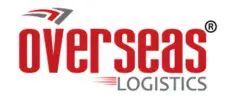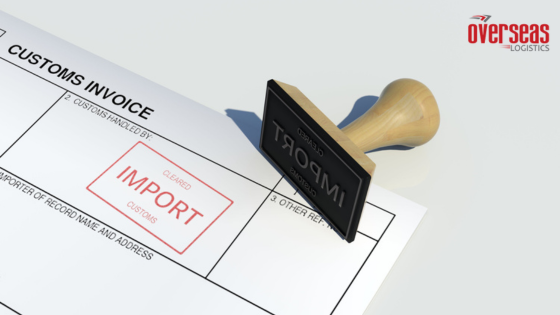Introduction
When it comes to international shipping, customs clearance is a critical component that can make or break your delivery. Understanding the ins and outs of international express customs clearance is essential for smooth and efficient cross-border trade. In this blog, we’ll dive into the key aspects you need to know about customs clearance, helping you navigate the complexities of global shipping.
The Basics of Customs Clearance
Customs clearance is the process through which imported and exported goods are examined and verified by government authorities to ensure compliance with trade regulations. It involves documentation, inspections, and the payment of any applicable duties or taxes. For international express shipments, this process is expedited to minimise delays.
Necessary Documentation
To clear customs successfully, you’ll need essential documentation, including:
Commercial invoice
Packing List
Airway Bill
Certificate of Origin
Import/export Licenses
Accurate and complete documentation is crucial to prevent delays or complications during customs clearance.
Tariffs, Duties, and Taxes
Customs authorities may impose tariffs, duties, and taxes on imported goods. The rates and rules vary by country and product type. Understanding these fees and ensuring timely payment is vital to prevent customs-related issues.
Prohibited and Restricted Items
Different countries have specific regulations on what can and cannot be imported or exported. Some items may be entirely prohibited, while others might require special permits or approvals. It’s essential to be aware of these regulations to avoid customs violations.
Customs Brokerage Services
Engaging a customs broker can simplify the customs clearance process. These professionals are well-versed in customs regulations and can help ensure that your shipments comply with all requirements.
Incoterms
International Commercial Terms (Incoterms) define the responsibilities and obligations of buyers and sellers in international trade. Understanding the chosen Incoterms for your shipment is crucial, as they determine who is responsible for customs clearance and related costs.
Some of the things you should be careful while sending shipments:-
FOB: Freight on Board (The value of goods is mentioned in the invoice)
C & F: Cost & Freight (The value of goods and freight amount is mentioned in the invoice)
CIF: Cost, Insurance, and Freight (Freight, cost, and insurance value are mentioned in the invoice)
The word SAMPLE to define the goods is not correct. The details of goods are required to be mentioned while sending any gift, the invoice should state the description as UNSOLICITED GIFT BEING SENT FOR PERSONAL USE, followed by details of contents being shipped. Also, avoid using the local language while preparing the invoice. English is a universally accepted language of invoices.
Electronic Customs Clearance
Many countries now offer electronic customs clearance systems, which streamline the process and reduce paperwork. Leveraging these systems can significantly expedite your international express shipments.
Customs Clearance Delays
Despite your best efforts, customs clearance delays can still occur. Factors such as incomplete documentation, unexpected inspections, or high import volumes can lead to hold-ups. It’s essential to plan for potential delays in your shipping timelines.
Customs Compliance
Staying compliant with customs regulations is vital for your business’s reputation and success. Non-compliance can lead to fines, penalties, or even the seizure of your goods.
Conclusion
Navigating international express customs clearance may seem daunting, but with the right knowledge and preparation, it becomes a manageable process. Remember to stay informed about the specific customs regulations of the countries you’re dealing with, maintain accurate documentation, and consider professional assistance when needed. By mastering the essentials of customs clearance, you’ll ensure the timely and hassle-free delivery of your international express shipments, enabling your business to thrive in the global marketplace.
FAQs
1. What is customs clearance, and why is it essential in international shipping?
Customs clearance refers to the process of verifying imported and exported goods to ensure compliance with trade regulations. It is crucial as it minimizes delays and ensures smooth cross-border trade.
2. What are the necessary documents required for successful customs clearance?
Essential documentation includes a commercial invoice, packing list, airway bill, certificate of origin, and import/export licenses.
3. How do tariffs, duties, and taxes affect international shipments?
Customs authorities may impose tariffs, duties, and taxes on imported goods, varying by country and product type. Timely payment of these fees is vital to prevent customs-related issues.
4. What are the benefits of using customs brokerage services?
Customs brokers simplify the customs clearance process by ensuring compliance with all regulations, thus facilitating smoother international trade.
5. How can businesses prepare for potential customs clearance delays?
Businesses can plan for potential delays by maintaining accurate documentation, staying informed about specific customs regulations, and considering the use of electronic customs clearance systems where available.

